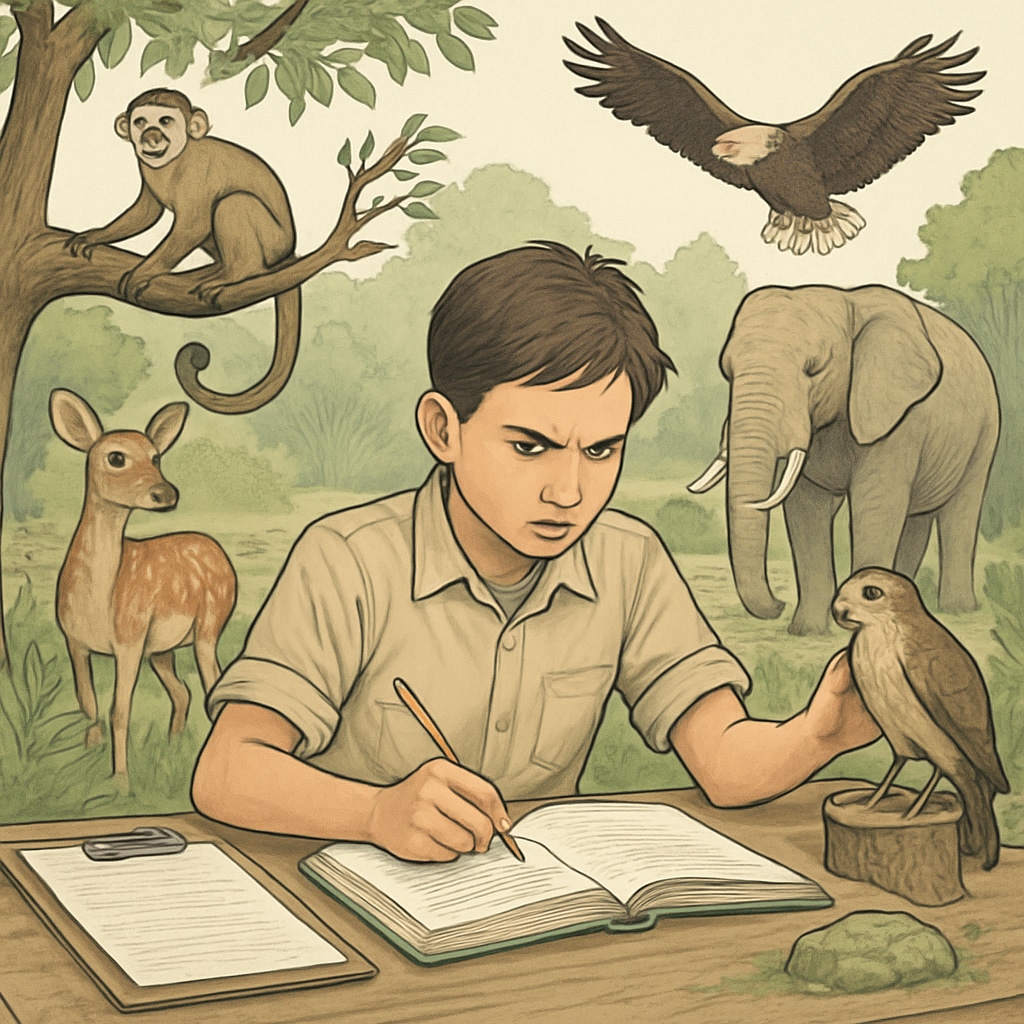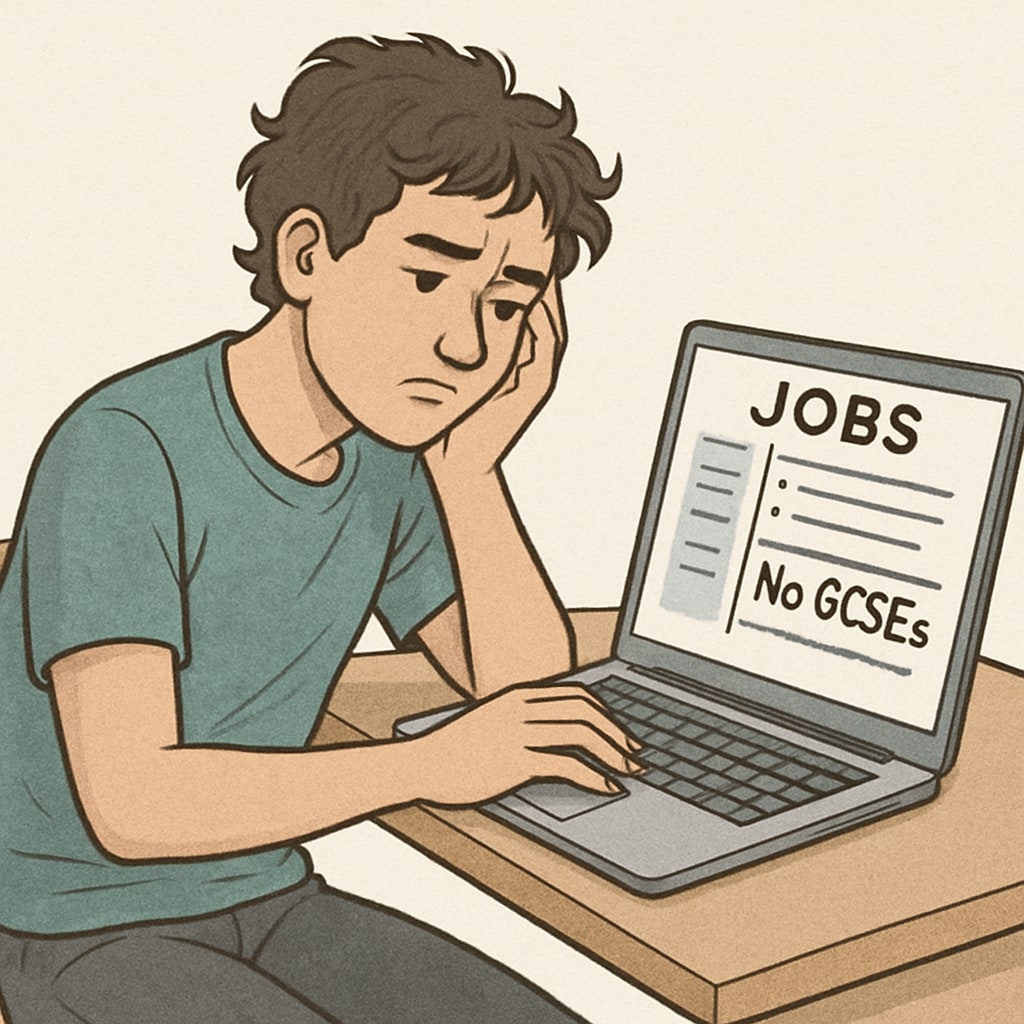For many young people in the UK, the lack of GCSE qualifications presents a significant barrier to pursuing their career aspirations. This issue is particularly evident in fields like animal work, where specific educational credentials are often a prerequisite. This article delves into the real-life education困境 (educational challenges) faced by individuals without GCSEs, using the story of a determined 19-year-old as a lens to discuss the broader implications of the system. Furthermore, it explores alternative pathways and support systems that can help break through these barriers.
The Role of GCSEs in Career and Education
General Certificate of Secondary Education (GCSE) qualifications are a cornerstone of the UK education system. They serve as a benchmark for academic achievement and are often a minimum requirement for further education or entry-level jobs. For example, careers involving animal care, such as veterinary assistance or wildlife conservation, typically demand GCSEs in subjects like biology, English, and mathematics.
However, individuals who fail to achieve these qualifications during their school years face significant challenges. Many employers and educational institutions view GCSEs as a basic indicator of competence, leaving those without them at a disadvantage. This creates a systemic barrier, limiting access to both further education and meaningful employment opportunities.

A Real-Life Perspective: The Journey of a 19-Year-Old
Take the case of a 19-year-old aspiring to work with animals but lacking the necessary GCSE qualifications. Despite their passion and hands-on experience in animal care, they find themselves excluded from many opportunities due to the rigid requirements of the system. Their story highlights the disconnect between practical skills and formal academic credentials.
This individual’s situation underscores the limitations of a one-size-fits-all education model. While they possess the empathy and dedication required for animal-related work, their lack of formal qualifications prevents them from accessing training programs or jobs that align with their interests. As a result, their dreams are put on hold, and they must navigate a maze of alternative routes to achieve their goals.

Alternative Pathways to Success
Fortunately, there are ways to overcome the challenges posed by a lack of GCSEs. Here are some alternative pathways:
- Functional Skills Qualifications: These are practical alternatives to GCSEs, focusing on core competencies in English, mathematics, and ICT.
- Access to Higher Education Diplomas: Designed for individuals who want to pursue university-level education, these programs offer a route to higher learning without traditional GCSEs.
- Apprenticeships: Many apprenticeships prioritize hands-on experience over academic qualifications, making them a viable option for those passionate about certain fields like animal care.
- Community Programs: Local organizations often provide training and volunteer opportunities, enabling individuals to build relevant skills and networks.
These pathways emphasize the importance of a more flexible and inclusive education system, one that recognizes diverse talents and learning styles.
Addressing Systemic Issues in Education
While alternative pathways can provide solutions, the root of the problem lies in the rigid structure of the current education system. By prioritizing standardized testing and qualifications like GCSEs, the system overlooks the diverse potential of students. Reform is needed to create a more equitable landscape where practical skills and life experiences are valued alongside academic achievements.
For instance, employers and educational institutions could adopt a more holistic approach to evaluating candidates, considering factors such as work experience, personal motivation, and non-traditional qualifications. Additionally, greater investment in career counseling and support services can help young people navigate their options more effectively.
As society evolves, so too must its approach to education. By fostering a culture of inclusivity and adaptability, we can ensure that every young person has the opportunity to reach their full potential, regardless of their academic background.
In conclusion: The lack of GCSE qualifications should not be a roadblock to success. By exploring alternative routes and advocating for systemic change, we can empower individuals to achieve their career aspirations, whether in animal work or any other field.


